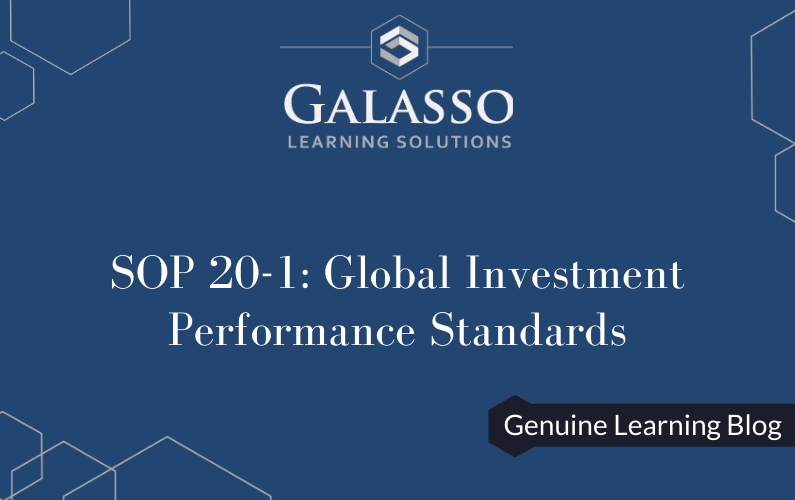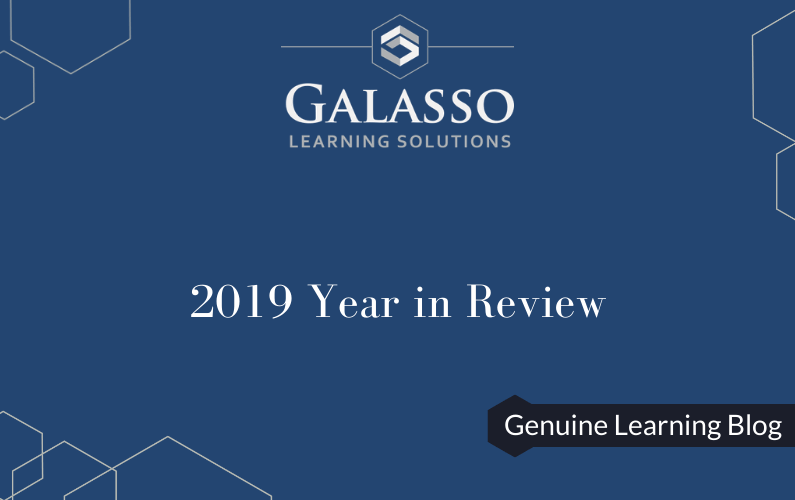OMB M-20-11: UG Administrative Relief when Directly Impacted by COVID-19
OMB has issued administrative relief for those who receive federal financial assistance that is DIRECTLY RELATED to COVID-19. The GAQC has provided clarifying guidance on who the relief is directed to. We expect additional guidance for a broader subset of nonfederal entities due to operational issues in the near future. Universities are also impacted significantly by COVID-19 due to instructional disruption. The Department of ED has also provided guidance on the impact on student financial assistance. This blog reviews the major impacts of this OMB alert.
GASB ED Addressing Component Units and Fiduciary Activities
GASB has issued an exposure draft that will address some implementation issues in GASB 84 and component units while also addressing accounting and financial reporting for Section 457 plans. This is a very important ED but it requires a quick turnaround so comments are due by April 10th to assist in getting these updates out in a timely manner.
GASB Disclosures Exposure Draft
GASB has issued an exposure draft to update the Conceptual Framework for Note Disclosures. The ED describes the types of information that should be disclosed in notes and the types of information that are not appropriate. The proposal introduces the concept of what is “essential” to users and updates the purpose of note disclosures. Comments are due April 17, 2020.
Presentation & Disclosures by Not for Profit Entities for Contributed Nonfinancial Assets
FASB has issued a proposed ASU titled Presentation and Disclosures by Not-for-Profit Entities for Contributed Nonfinancial Assets. Gifts in kind have received a lot of attention for pharmaceutical donations but the proposal addresses all contributions on nonfinancial assets. The proposal includes unique presentation for these contributions as well as additional disclosures. Comments are due by April 10th.
SOP 20-1: Global Investment Performance Standards
The AICPA has issued an SOP to address when a practitioner reports under the new 2020 GIPS standards. As the standards were updated, effective January 1, 2020, the AICPA addressed the requirements that practitioners may use. SOPs are not authoritative. However, if a CPA does not follow this SOP they would need to show how they meet the requirements of the SSAEs and the SOP is designed to ensure compliance. The SOP is effective upon issuance.
Proposed Changes to Uniform Guidance
The Office of Management and Budget (OMB) has proposed changes to the Uniform Guidance (2 CFR, Part 200). The proposal takes into consideration the President’s Management Agenda, alignment with statutory requirements and clarifications. OMB is required to update the Uniform Guidance every five years. Comments are due by March 23, 2020 and must be submitted electronically to www.regulations.gov.
2019 Year in Review
2019 was a year of change. FASB issued 12 ASUs. The AICPA issued 5 SASes and 2 SSAEs plus a variety of technical updates. GASB issued a GASB Statement and 3 Implementation Guides. This blog gives a quick overview of each item issued to close 2019 and welcome 2020!
Proposed SAS: Amendments to AU-C Sections 725, 730, 930, 935, and 940
In December, the AICPA Auditing Standards Board proposed amendments to conform sections of its codification to standards issued earlier in the year on auditor reporting (SAS 134) and the auditor’s responsibilities relating to other information included in annual reports (SAS 137). The ASB also proposed amending certain AU-C sections (particularly AU-C Section 935 – Compliance Audits) to address practice issues that have arisen since they were revised. This proposal represents a continuation of the efforts to improve transparency into the basis for the auditor’s opinion and to further clarify the responsibilities of both management and auditors. Comments are due February 10th.
Disclaimer: The information contained within this blog is provided for informational purposes only. Viewing this material does not qualify for CPE credit. Additionally, this general knowledge is not intended to substitute for obtaining accounting, legal, or financial advice from a professional accountant with specific knowledge of your organization. Finally, watching this blog and/or subscribing to the newsletter do not create an accountant-client relationship.











